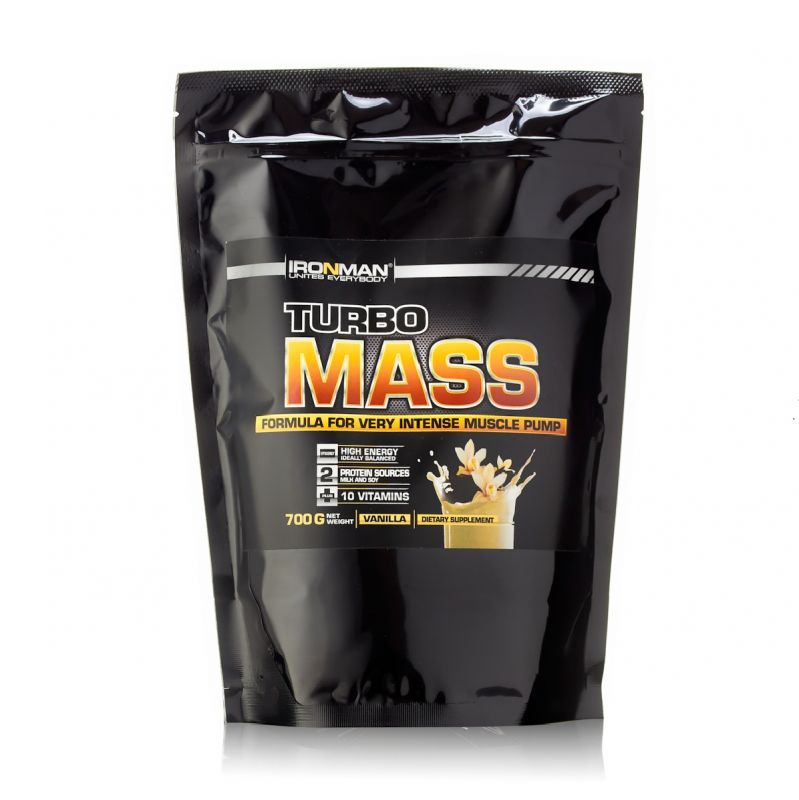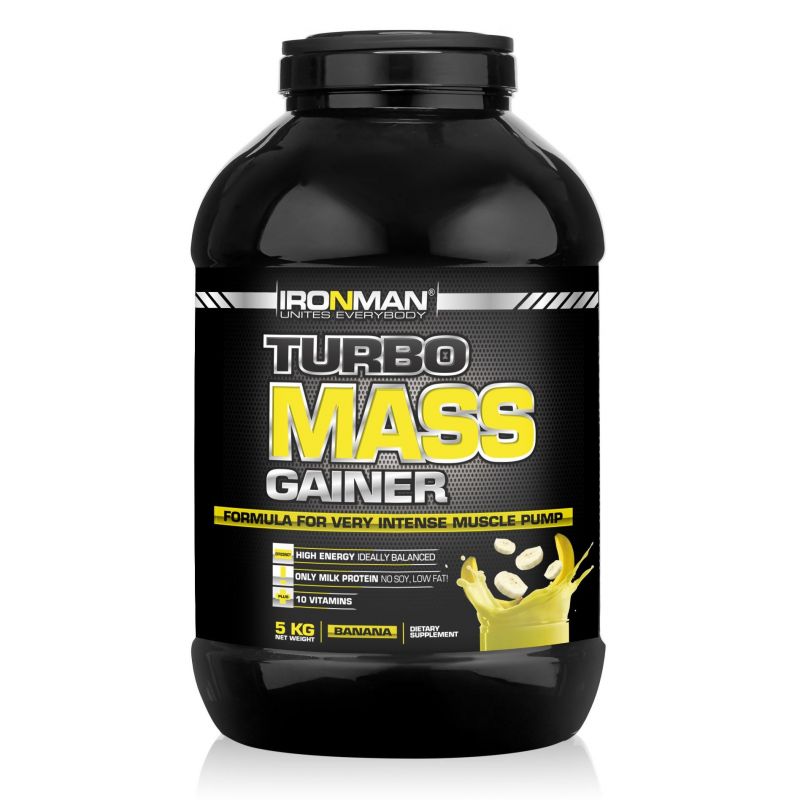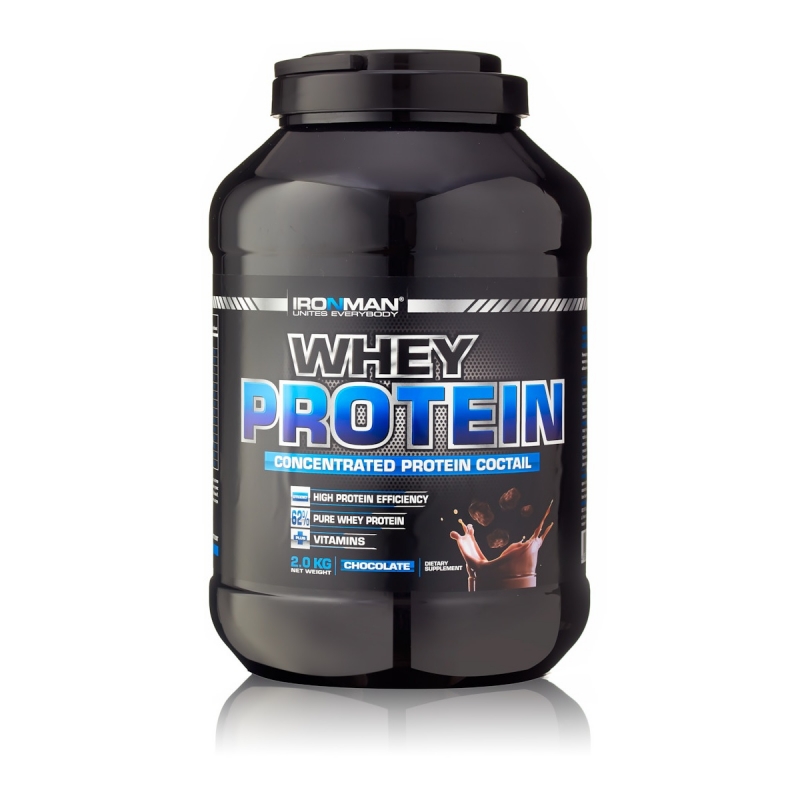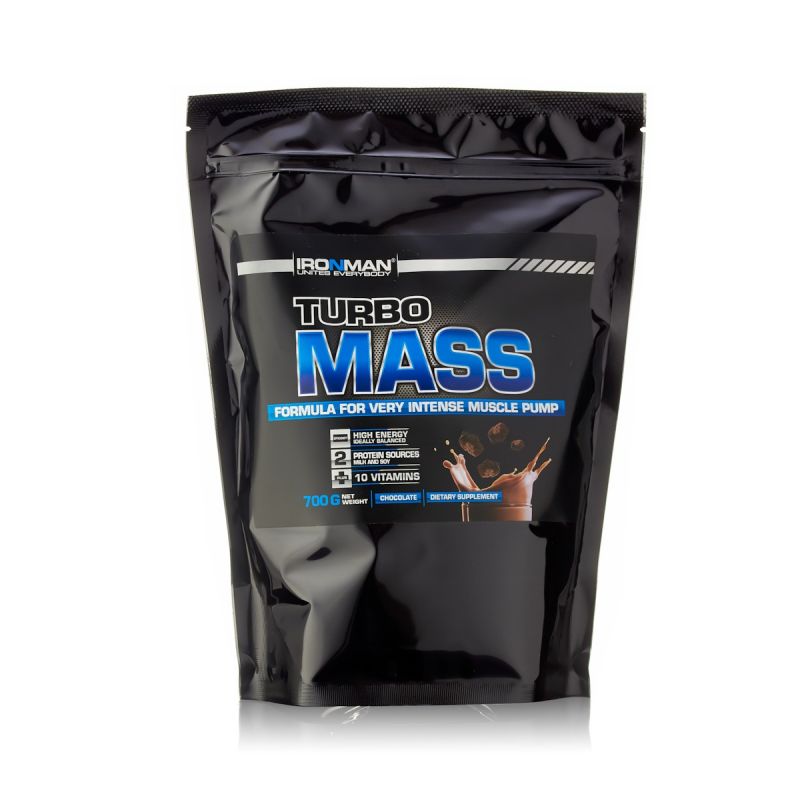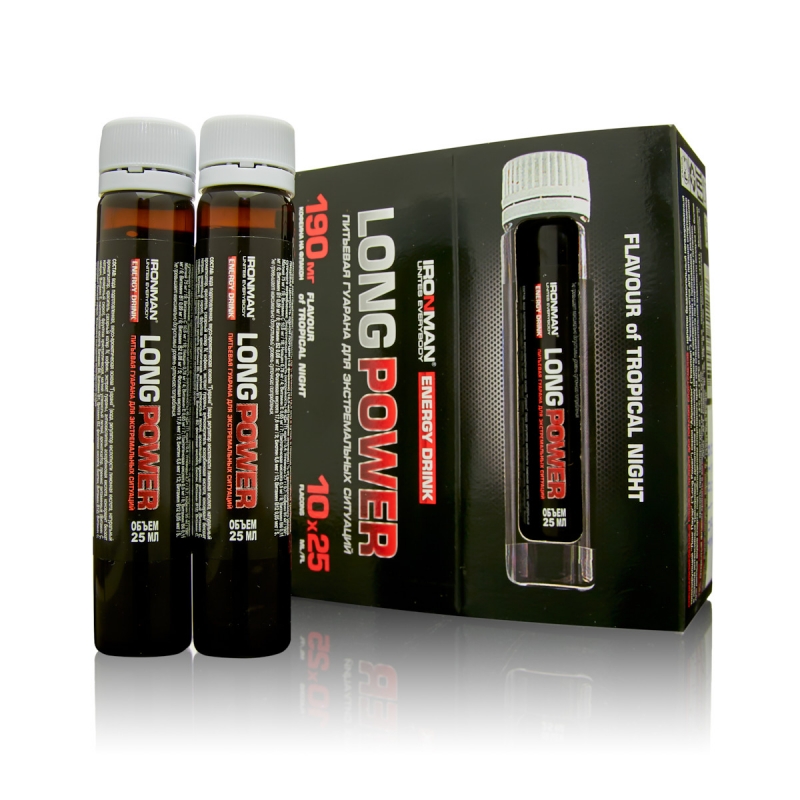Все о протеине
27.06.2018
Углеводы полезны для восполнения запасов гликогена – это источник энергии для мышц. Например, если вы тренируетесь дважды в день, участвуете в турнире со множеством игр в течение выходных дней или выполняете высокоинтенсивные упражнения с выносливостным компонентом, то восполнение гликогена необходимо. Чтобы ускорить восстановление, можно добавить в протеиновый коктейль сок с высоким гликемическим индексом (ананасовый, виноградный), углеводный порошок, фруктовое пюре или даже подсластитель, например, мёд.
Заключение
Как и в случае с любой другой добавкой, лучшие результаты можно получить, учитывая весь рацион. Начните с ежедневной нормы протеина. Большая его часть должна поступать из высококачественных источников. Помните о необходимости распределения потребления на весь день - 30 граммов каждые три-четыре часа. Из протеинового порошка нужно получать не более двух порций ежедневно, но большинству людей достаточно протеинового коктейля только после тренировки. Можно также добавлять его в пищу, если заботиться о питании некогда, но старайтесь потреблять больше цельных продуктов - мяса, рыбы, яиц, молочных продуктов или бобов.
Первоисточники:
Babault, N., et al. Pea proteins oral supplementation promotes muscle thickness gains during resistance training: a double-blind, randomized, Placebo-controlled clinical trial vs. Whey protein. Journal of the International Society of Sports Nutrition. 2015. 12(3). Burd, N., et al. Differences in postprandial protein handling after beef compared with milk ingestion during postexercise recovery: a randomized controlled trial. American Journal of Clinical Nutrition. 2015. 102(4):828-36. Cermak, N., et al. Protein Supplementation Augments the Adaptive Response of Skeletal Muscle to Resistance –Type Exercise. American Journal of Clinical Nutrition. 2012. 96, 1454-1464. Cooke, M., Rybalka, E., Stathis, C., Cribb, P., Hayes, A. Whey Protein Isolate Attenuates Strength Decline After Eccentrically-Induced Muscle Damage in Healthy Individuals. 2010. Journal of the International Society of Sports Nutrition. 7(30). Frid, A., et al. Effect of whey on blood glucose and insulin responses to composite breakfast and lunch meals in type 2 diabetic subjects. American Journal of Clinical Nutrition. 2005. 82(1):69-75. Girgih, A., et al. Antihypertensive Properties of a Pea Protein Hydrolysate during Short- and Long-Term Oral Administration to Spontaneously Hypertensive Rats. Journal of Food Science. 2016. 81(5):H1281-7. Girgih, A., A novel hemp seed meal protein hydrolysate reduces oxidative stress factors in spontaneously hypertensive rats. Nutrients. 2014. 6(12):5652-66. Ha, E. Functional properties of whey, whey components, and essential amino acids: mechanisms underlying health benefits for active people (review).The Journal of Nutritional Biochemistry. 2003. 14(5), 251–258. House, J., et al. Evaluating the quality of protein from hemp seed (Cannabis sativa L.) products through the use of the protein digestibility-corrected amino acid score method. Journal of Agricultural and Food Chemistry. 2010. 58(22):11801-7. Hulmi, J., et al. Effect of Protein/Essential Amino Acids and Resistance Training on Skeletal Muscle Hypertrophy. Nutrition and Metabolism. 2010. 7(51). Kraemer, W., et al. The Effects of Soy and Whey Protein Supplementation on Acute Hormonal Reponses to Resistance Exercise in Men. Journal of the American College of Nutrition. 2013. 32(1), 66-74. Malomo, S., et al. Structural and Antihypertensive Properties of Enzymatic Hemp Seed Protein Hydrolysates. . Nutrients. 2015. 7(9):7616-32. Marshall, K. Therapeutic applications of whey protein. Alternative Medicine Reviews. 2004. 9(2), 136-156. McNaughton, L., et al. The response of muscle protein synthesis following whole-body resistance exercise is greater following 40 g than 20 g of ingested whey protein. Physiological Reports. 2016. 4(15), e12893. Mollard, R., et al. Acute effects of pea protein and hull fibre alone and combined on blood glucose, appetite, and food intake in healthy young men--a randomized crossover trial. Applied Physiology, Nutrition, and Metabolism. 2014. 39(12):1360-5. Mortensen, L., et al Effects of different fractions of whey protein on postprandial lipid and hormone responses in type 2 diabetes. European Journal of Clinical Nutrition. 2012. 66(7). Pals, S., Ellis, V. The chronic effects of whey proteins on blood pressure, vascular function, and inflammatory markers in overweight individuals. Obesity. 2010. 18(7):1354-9. Pals, S., Ellis, V. The acute effects of four protein meals on insulin, glucose, appetite and energy intake in lean men. British Journal of Nutrition. 2010. 104(8), 1241-1248. Sheikholeslami Vatani, D., Golzar, F. Changes in Antioxidant Status and Cardiovascular Risk Factors of Overweight Young Men after Six Weeks Supplementation of Whey Protein Isolate and Resistance Training. Appetite. 2012. 59, 673- 678. Wells, G., et al. The Post–Workout Protein Puzzle: Which Protein Packs the Most Punch?. Strength and Conditioning Journal. 2009. 31(1).
